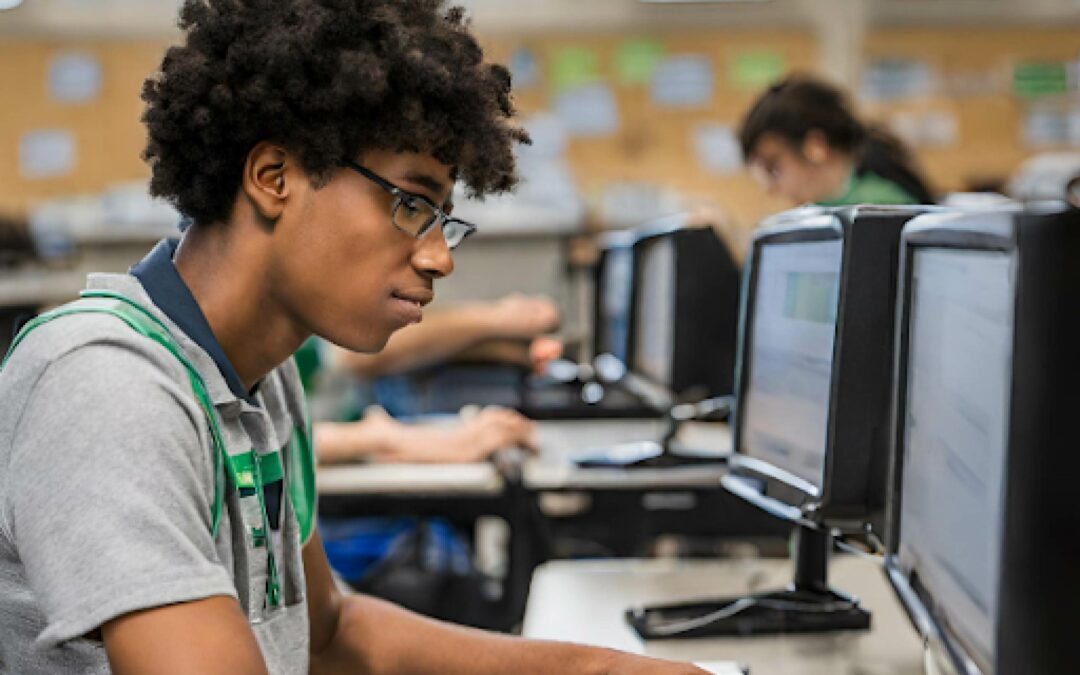This scholarly article aims to investigate the most effective and up-to-date pedagogical approaches used in middle school classrooms, incorporating data from schools in the USA and internationally. By examining the latest educational methodologies and their impact on student growth, this study also establishes connections between modern practices and the early philosophers of education. The findings highlight the significance of learner-centered instruction, project-based learning, and technology integration in fostering engagement, critical thinking, and holistic development among middle school students.
Middle school education is a critical phase in a student’s academic journey, laying the foundation for their future success. Pedagogical approaches play a pivotal role in shaping the learning experience, engagement, and growth of students during this formative stage. This article aims to explore the most effective and up-to-date pedagogy employed in middle school classrooms, utilizing data from schools both in the USA and internationally. Furthermore, it seeks to establish connections between contemporary educational methodologies and the early philosophers of education, emphasizing their enduring relevance in shaping modern practices.
1. Learner-Centered Instruction:
Learner-centered instruction places the student at the heart of the learning process, recognizing their individuality, interests, and diverse learning needs. This approach encourages active participation, collaboration, and self-regulation. Data from schools in the USA and internationally demonstrate that learner-centered instruction fosters higher levels of student engagement, motivation, and achievement. Drawing on the philosophy of John Dewey, this approach aligns with his belief in experiential learning and the importance of connecting classroom content with real-world experiences.
2. Project-Based Learning:
Project-based learning (PBL) is an effective pedagogical approach that promotes interdisciplinary learning, critical thinking, and problem-solving skills. Research from diverse middle schools in the USA and around the world indicates that PBL enhances student engagement, creativity, and long-term retention of knowledge. This approach resonates with the ideas of Jean-Jacques Rousseau, who emphasized the significance of hands-on experiences and active participation in the learning process.
3. Technology Integration:
In today’s digital era, technology integration has emerged as a powerful tool in middle school classrooms. Incorporating technological resources and platforms, such as interactive displays, online collaboration tools, and educational applications, enhances student motivation, information access, and digital literacy skills. The integration of technology aligns with the philosophy of Maria Montessori, who recognized the value of sensory learning and the role of educational materials in promoting independent exploration.
4. Connecting Pedagogical Approaches to Early Philosophers of Education:
The aforementioned pedagogical approaches align with the principles advocated by early philosophers of education. Dewey’s emphasis on experiential learning aligns with the learner-centered instruction, while Rousseau’s ideas of active participation find resonance in project-based learning. Montessori’s philosophy of sensory learning connects to the integration of technology, as it facilitates hands-on exploration in a digital context. By establishing these connections, educators can ground their pedagogical practices in a rich historical tradition while embracing contemporary advancements.
5. Student Growth Data:
To validate the effectiveness of these pedagogical approaches, data on student growth is crucial. By measuring student outcomes, such as academic achievement, critical thinking skills, and social-emotional development, researchers and educators can assess the impact of different methodologies. Longitudinal studies and comparative analyses of schools in the USA and internationally provide valuable insights into the positive outcomes associated with learner-centered instruction, project-based learning, and technology integration.
In retrospect, we have explored the most effective pedagogical approaches in middle school classrooms, using data from schools in the USA and internationally. Learner-centered instruction, project-based learning, and technology integration have been identified as key methodologies that foster student engagement to increase student growth! Try these practices in your own classrooms, and let us know how they benefit your student outcomes.





